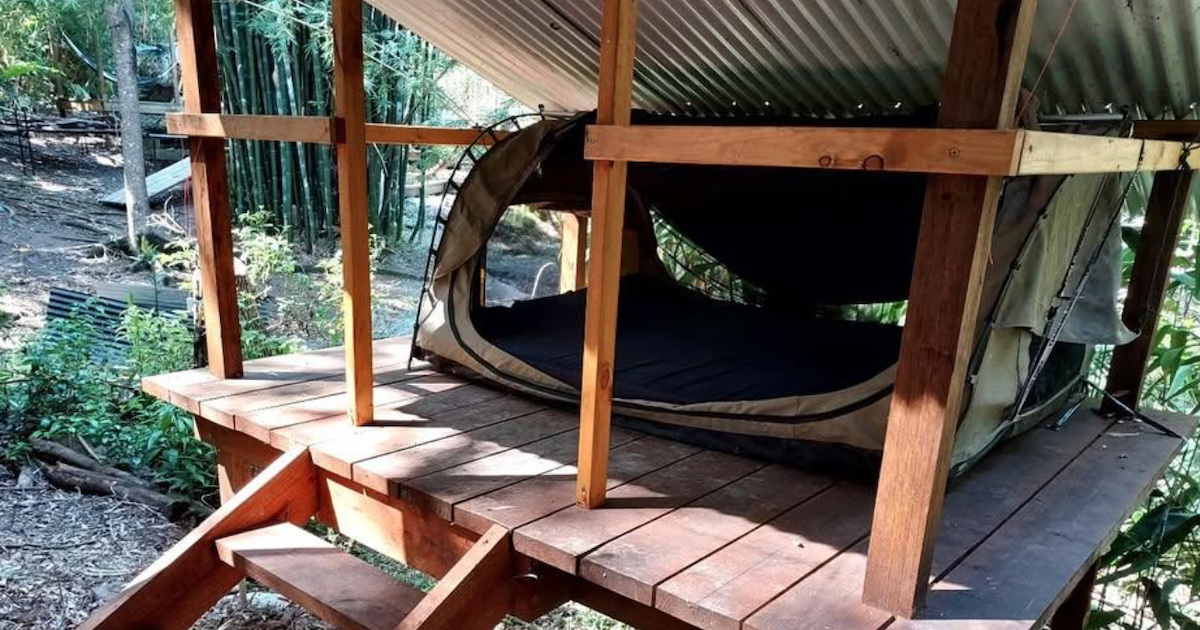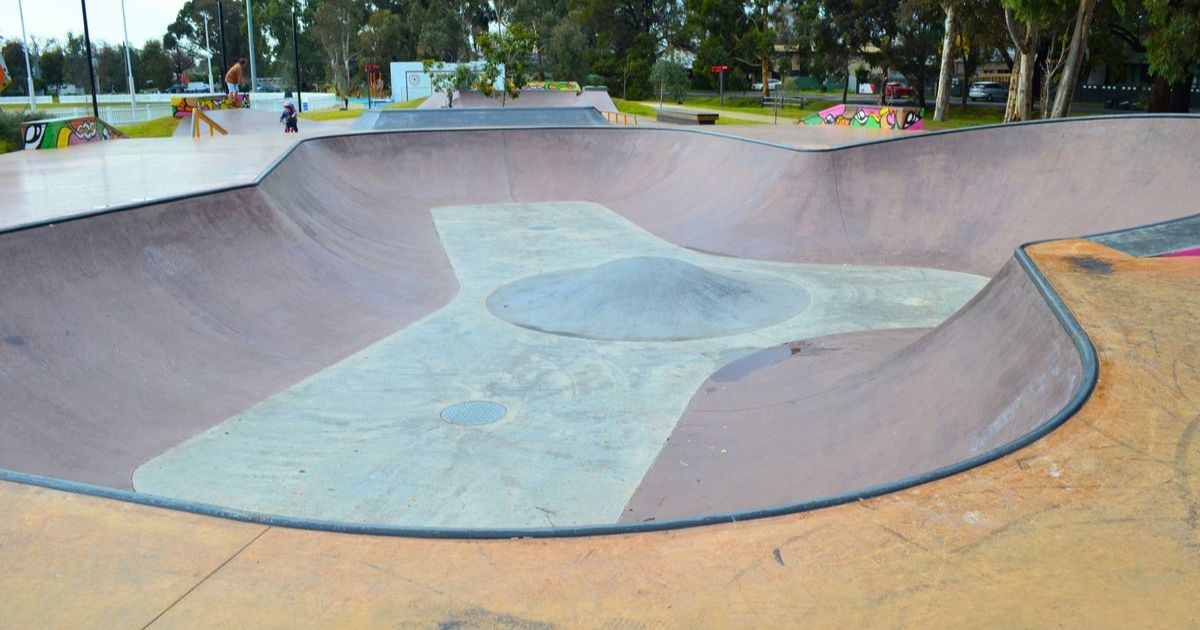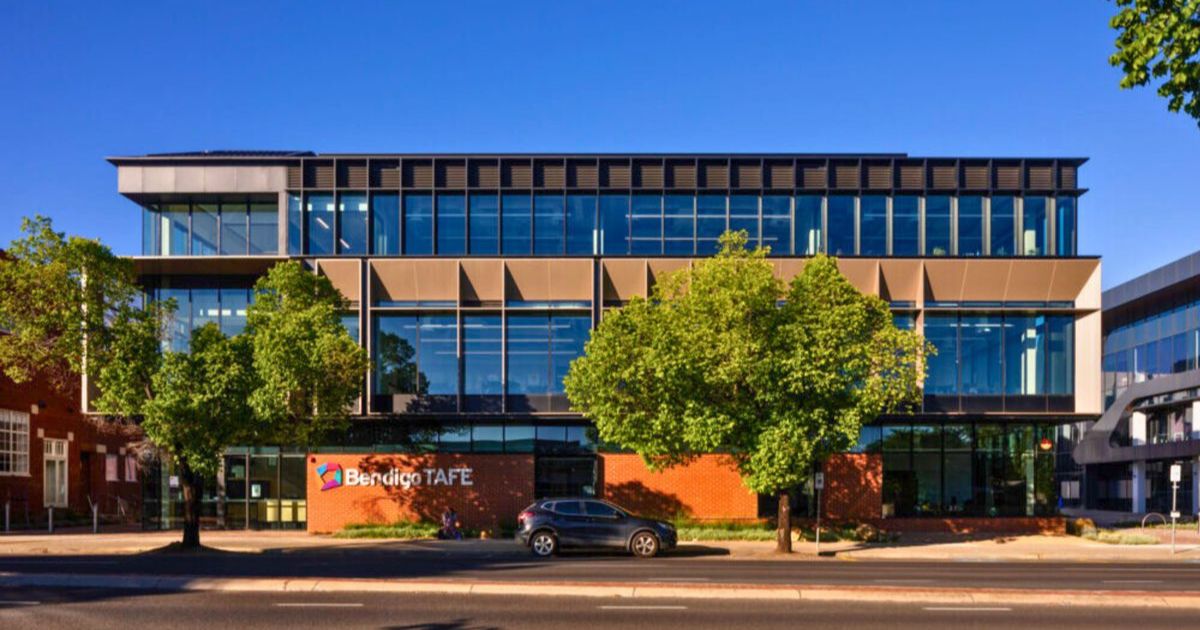Power fight hits Canberra

Nationals Leader David Littleproud, and the farmers who gathered in Canberra last Tuesday, believe more thought and consultation need to go into projects such as the Western Renewables Link. Photo – Office of David Littleproud MP
By Lachlan Ellis
The battle to get transmission lines put underground has headed to the Federal Parliament, with dozens of farmers and affected landowners from across the country heading to the capital last week.
Joining Nationals leader David Littleproud in condemning current plans for the Western Renewables Link (WRL), dozens of farmers travelled to Canberra on Tuesday 13 June to call for greater community consultation and a rethinking of the transition to renewables.
One of the concerned landowners who made the trip was Bunding farmer Gerald Conroy, who said current plans for the WRL, and other powerline projects planned across the country, put the livelihoods of regional people, and the environment, at serious risk.
“We wanted to raise awareness that this project is a national project that is impacting all the local communities along the 28,000 kilometres on transmission lines they plan to put in. There were farmers there from Ballan, all the way to St Arnaud and Kerang. There was a couple from Queensland, a few from New South Wales,” Mr Conroy told the Moorabool News.
“We’ve got to protect our present and our future. Everyone wants cheaper power and a cheaper way to live, but we can do it better. We want to make sure everyone gets treated equally, if someone in the city wants cheaper power, it shouldn’t be that someone in the country has got to carry the burden.”
Mr Littleproud echoed Mr Conroy’s concerns, and said landowners along the route of planned transmission line networks had a right to be angry.
“Labor’s reckless race to 82 per cent renewables by 2030 means 28,000 kilometres of transmission lines will rip up native vegetation and prime agricultural land. Labor can’t confirm how much land will be required, how much it will cost and who will be
affected,” Mr Littleproud said.
“The decision to rewire the nation and fast-track the project has been done with little consultation. Farmers in the region are understandably outraged.”
Mr Littleproud said the Nationals “believe a Senate enquiry into the transmission lines is essential, to make sure that renewable projects have the social licence they need to operate in rural communities, and that all alternatives are explored.” Minister for Climate Change and Energy Chris Bowen was asked by Nationals MP Anne Webster how many farmers would be impacted by “the Government’s fast-tracking of 28,000 kilometres of poles and wires across regional Australia”.
“The Honourable Member made a number of assertions in her question, and it is appropriate to point out that those assertions are incorrect. In relation to VNI West, I’ll say this – the number of farms affected will depend in no small part on the final route selected,” Mr Bowen said.
“AEMO made an announcement two weeks ago that they had changed the proposed route based on community feedback. That is no bad thing, the new Option 5A pivots away from its original path heading northwest instead of through Charlton…to skirt around Kerang and hit the Murray River downstream of Barmah.
“This is a result of community consultation. Community consultation is something we take very seriously in the Government.”


















